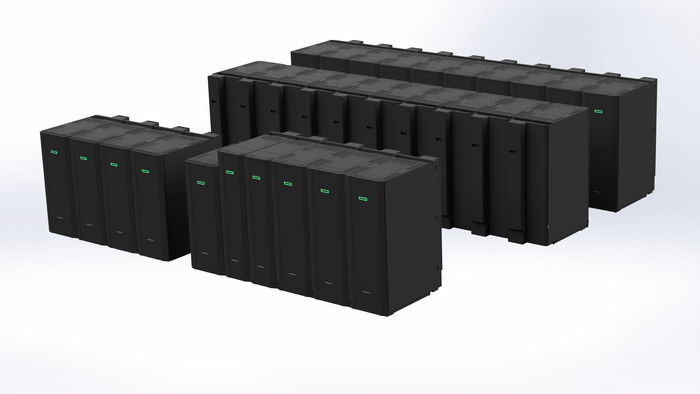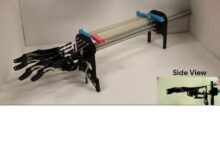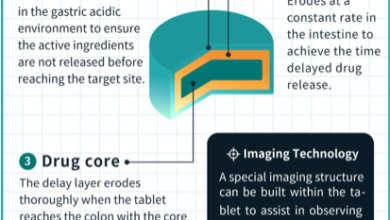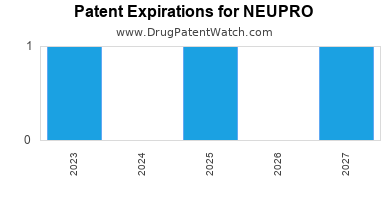
Tokyo Tech and HPE collaborate to build the next generation of TSUBAME4.0
The Tokyo Institute of Technology (Tokyo Tech) Global Scientific Information and Computing Center (GSIC) and Hewlett Packard Enterprise (NYSE: HPE) announced to build their next-generation supercomputer, TSUBAME4.0, to accelerate AI-based scientific discoveries in medicine, materials science, climate research, and turbulence in urban environments.
The Tokyo Institute of Technology (Tokyo Tech) Global Scientific Information and Computing Center (GSIC) and Hewlett Packard Enterprise (NYSE: HPE) announced to build their next-generation supercomputer, TSUBAME4.0, to accelerate AI-based scientific discoveries in medicine, materials science, climate research, and turbulence in urban environments.
Tokyo Tech is one of the world’s leading universities in science and technology. With the TSUBAME4.0 supercomputer, users will have the ability to train more AI models and run applications in computational science and analytics, simultaneously, to enhance research efforts and increase productivity.
TSUBAME4.0, which was obtained under Japanese government procurement regulations and
awarded to HPE Japan, will be fully operational in spring 2024. The system will be based in a newly constructed facility at Tokyo Tech’s Suzukakedai campus.
TSUBAME4.0 will be built using the HPE Cray XD6500 supercomputer, providing maximum performance and specialized capabilities to run the modeling and simulation workloads required for complex scientific research. The HPE Cray XD6500 supercomputer is also highly compact and purpose-built to support accelerated computing optimized to support AI, analytics, and image-intensive applications.
“TSUBAME has supported our research on drug discovery of cyclic peptides, which are expected to become the next generation of drugs,” said Professor Yutaka Akiyama, School of Computing, Tokyo Tech. “TSUBAME has always been our partner in the daring challenge of achieving world firsts. It has supported the reproduction of biophysical phenomena by simulations a hundredfold larger, and through in-depth calculations on hundreds of cases has produced quantitative evidence of its predictive ability. With the significantly accelerated TSUBAME4.0, we look forward to its support in realizing intelligent drug discovery through large-scale molecular simulations and combining it with deep learning technologies to generate predictive models.”
TSUBAME4.0 will achieve a theoretical peak performance of 66.8 petaflops at 64-bit double precision. Additionally, the system will achieve 952 petaflops at half-16-bit precision, delivering 20 times faster computing performance than TSUBAME3.0, its predecessor. TSUBAME4.0 will provide much higher performance to address the computing demands of many users, serving as a “supercomputer for everyone”.
“National research centers around the world rely on supercomputers to drive science, engineering and AI initiatives to understand complex phenomena and accelerate innovation,” said Justin Hotard, executive vice president and general manager, HPC, AI & Labs, at HPE. “Tokyo Tech is a strong example of an organization that continues to invest in supercomputers and opens them up to the wider community to enable cutting-edge research and new capabilities in AI. We are proud to continue our collaboration with Tokyo Tech and NVIDIA to build TSUBAME4.0, which brings HPE Cray supercomputer innovation to deliver the massive performance needed to augment Tokyo Tech’s ongoing scientific and AI-based missions.”
Since the release of TSUBAME1.0 in April 2006, the TSUBAME supercomputer has provided computing resources to global industry, academia, and government organizations as the “everyone’s supercomputer”. Tokyo Tech’s GSIC, the first university to adopt a GPU1-enabled supercomputer, has earned recognition for delivering one of the most advanced supercomputer centers in the world.
About TSUBAME4.0
“NVIDIA’s computing platforms are driving acceleration at every scale for AI and HPC,” said Ian Buck, vice president of HPC and Hyperscale Computing, NVIDIA. “Tokyo Tech’s TSUBAME4.0 supercomputer, powered by NVIDIA H100 GPUs, NVIDIA Quantum-2 InfiniBand and our AI and HPC software, will empower researchers and scientists to address some of the world’s most complex challenges and drive breakthroughs that can benefit society as a whole. whole .”
The TSUBAME4.0 configuration is similar to the existing TSUBAME series, involving an x86_64 CPU and a CUDA compatible GPU. This will enable continued use of existing program assets and rapid adoption of cutting-edge computing science and technology.
TSUBAME4.0 will be built on 30 HPE Cray XD6500 supercomputers featuring two 3rd Gen AMD EPYC™ 9654 processors, four NVIDIA H100 Tensor Core GPUs, and 768 GiB of main memory. The storage system will consist of a Cray ClusterStor E1000, linked by the Luster file system with 44.2PB of hard disk-based shared storage, and 327TB of SSD-based high-speed storage. Each compute node is also equipped with up to 1.92 TB of NVMe-compatible high-speed SSD storage. Compute nodes and storage systems will be connected to the high-speed network, and connected directly to the Suzukakedai campus network at 100 Gbps via SINET6.
- The Tokyo Tech TSUBAME3.0 supercomputer is scheduled to start operating in the summer of 2017 | Tokyo Technology News
- The TSUBAME-KFC/DL supercomputer was ranked No.2 in the world in the November 2015 issue of the energy efficiency Green500 list | Tokyo Technology News
- TSUBAME 2.0 Upgraded to TSUBAME 2.5: Aim Higher | Research Stories
- Global Scientific Computing and Information Center (GSIC)
###
About the Tokyo Institute of Technology
Tokyo Tech stands at the forefront of research and higher education as the leading university for science and technology in Japan. Tokyo Tech researchers excel in fields ranging from materials science to biology, computer science, and physics. Founded in 1881, Tokyo Tech hosts over 10,000 undergraduate and graduate students annually, who develop into scientific leaders and some of the most sought-after engineers in the industry. Embodying the Japanese philosophy of “monotsukuri,” which means “technical ingenuity and innovation,” the Tokyo Tech community strives to contribute to society through high-impact research. https://www.titech.ac.jp/english/
About Hewlett Packard Enterprise
Hewlett Packard Enterprise (NYSE: HPE) is a global edge-to-cloud company that helps organizations accelerate results by unlocking value from all their data, anywhere. Built on decades of reimagining the future and innovating to advance the way people live and work, HPE delivers unique, open, and intelligent technology solutions as a service. With offerings spanning Cloud Services, Compute, High Performance Computing & AI, Intelligent Edge, Software, and Storage, HPE delivers a consistent experience across all clouds and edges, helping customers develop new business models, engage in new ways, and increase performance. operational. For more information, visit: www.hpe.com
Research methods
News article
Research Subjects
Not applicable






